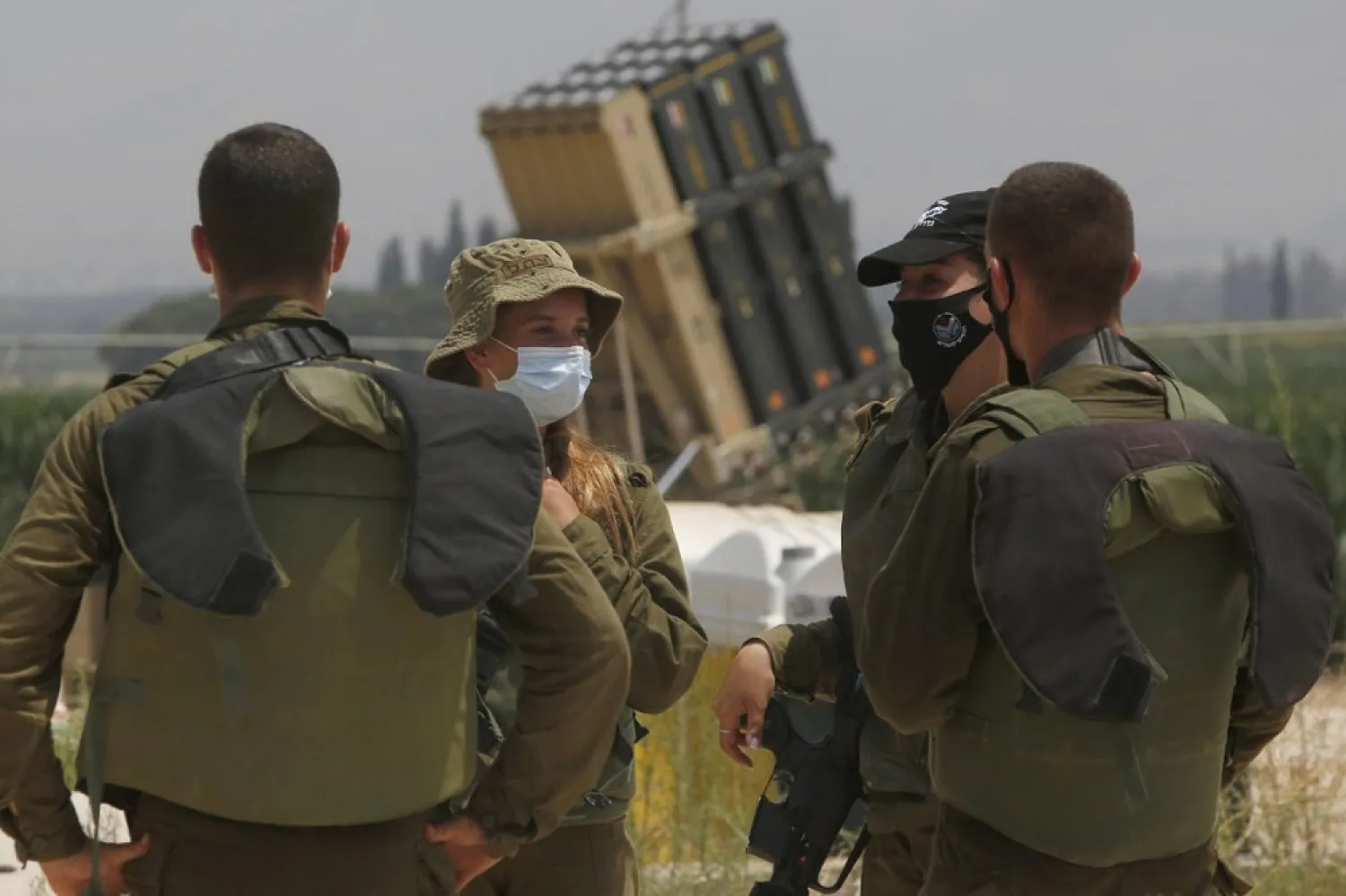Israel has escalated threats of a "military attack" against Iran if the nuclear agreement negotiations failed.
The commander of the Northern Brigade in the Israeli army, Major General Amir Baram, asserted that Tel Aviv is prepared to confront any terrorist infrastructure, and Air Force commander, Major General Amikam Norkin, said that his forces are preparing to face the threat of Iranian missiles fired at Israeli towns.
The military editor of Maariv newspaper, Tal Lev-Ram, revealed Israel is preparing for a possible attack in Iran by focusing on the readiness of the air force.
Lev-Ram added that the army is working at a high pace to develop its capabilities to launch destructive operations against Iranian targets.
He indicated that the army will not be satisfied with strikes that obstruct the nuclear program, pointing to the expansion of Iran's "bank of targets."
Haaretz military analyst Amos Harel said Israeli officials are currently focusing on the political discourse, stressing that Tel Aviv has the "right to defend itself," leaving the army to direct military threats.
Meanwhile, a top expert in Israeli-US relations told Asharq Al-Awsat that the differences between Tel Aviv and Washington are minor and superficial.
"I do not want to say that Washington and Tel Aviv share roles in the battle against the Iranian project, but I am confident that they complement each other's," said the expert, adding that they share their views on the Iranian threat.
Former Mossad chief, Yossi Cohen, told Ynet news that the option of an Israeli military strike on Iran's nuclear sites must be seriously considered.
"Independent strikes on nuclear sites, if Iran takes this path that endangers our existence, should and must be on the table — unequivocally," he urged.
He indicated that a good deal could prevent Iran from reaching a nuclear bomb, and a bad agreement like the one signed in 2015 can't do it perfectly.
"The bottom line is that we must take away the capabilities from Iran because we will not be able to take away its motivations."
Cohen stated that Israel should demand a good agreement, hoping the US would understand the meaning of a "bad agreement."
The Israeli security apparatus urges the US to pay attention to the Iranian activity accompanying its nuclear project.
It sent a report to the Pentagon claiming Iran has transferred hundreds of drones to Syria, and dozens to Iraq, Yemen, and Hezbollah in Lebanon.
The report stated that three out of the six Iranian attacks in the Middle East involved drones.
Haaretz daily quoted Israeli sources as estimating that Iran is pushing attacks against targets in the Arab Gulf using drones as a means of pressure aimed at advancing interests related to its nuclear program.









